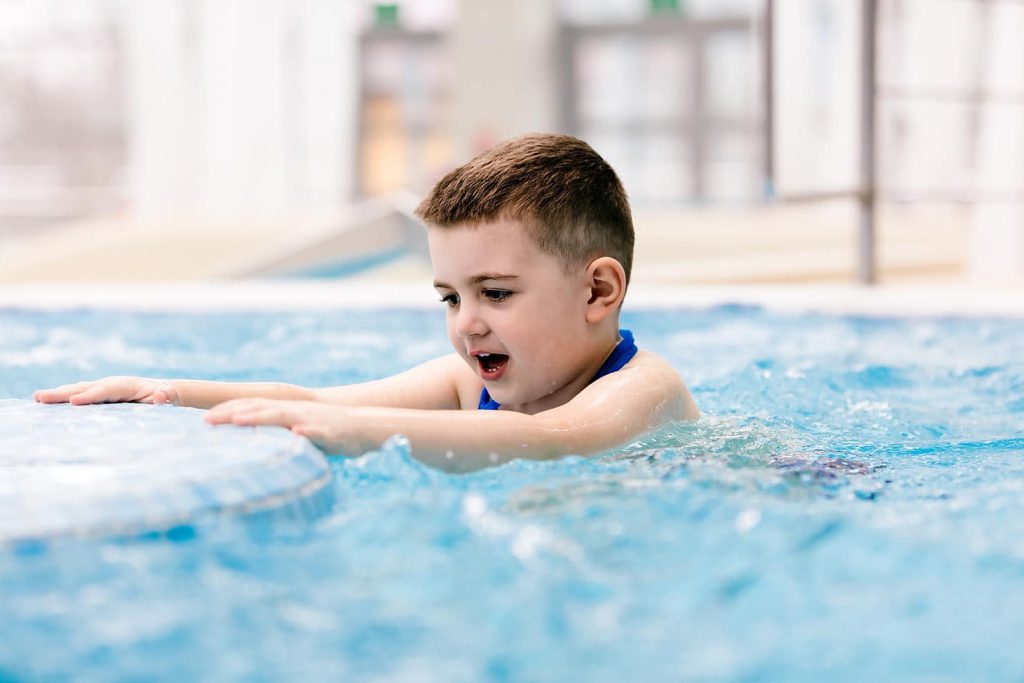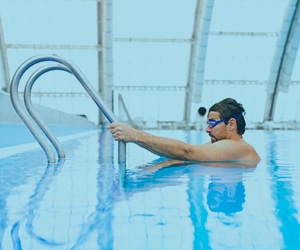Swimming lessons for children: 6 benefits for mental and physical health
Why year-round swimming lessons are good for your child This requires a daily effort that is decisive for the whole life of a child and future adult thanks to many benefits.
The 6 benefits of year-round swimming lessons for children
As with multiplication tables and conjugation rules, learning to swim requires training. But it’s a daily effort that is crucial to your child’s well-being, as well as keeping themsafe in and around water for life.
1. Year-round swimming lessons to maintain skills
By enrolling your children in swimming lessons to make it a regular activity, you are ensuring that their skills are continuously developed . This means that it will not be necessary to repeat swimming lessons every summer. Indeed, it is important that the vacations are synonymous with fun. Let go! And your little fish will be able to proudly demonstrate everything it has learned during the year (under your careful and unconditional supervision).
2. Building solid skills
When children attend swimming lessons throughout the year, their ability to learn new skills increases because they can capitalize on what they have already learned. On the other hand, stopping the learning process in mid-air will cause a young child to lose all of his or her learning, resulting in a sudden regression. The benefit of what has been learned is only visible if the child continues to practice the exercises he or she has learned throughout the year.
3. Year-round swimming lessons, the best way to stay in shape (Olympic!)
Participating in swimming lessons during the school year is a great way to have fun and be healthy, which means a
lower risk of injury and illness
. In addition, for the child who is past the learning stage, swimming year-round will improve overall physical and mental fitness. Swimming is indeed a great way to promote activity in children.
4. Development of cognitive and physical skills
Children who consistently participate in swimming lessons from an early age demonstrate superior cognitive and physical skills to other children.
Several studies
have shown that young children who swim have increased cognitive ability, social skills and coordination. Health magazine even reports
4 benefits for the brain.
“The positive effects of sporting activity in the water are not only physical, but also relate to memory, mood and cognition.”
5. Preparation to be comfortable and to face all situations
Children who learn to swim early are more comfortable facing unknown situations. Because they are able to overcome their fears and feelings of insecurity in the water, they gain the confidence to be ready for anything. Because swimming and Learning to be safe in the water is first and foremost a skill. Knowing how to swim is vital!
6. Meeting new friends for a fulfilling social life
Children bond with their groups and coaches. Thus, year after year, or because they reach a higher level, the children meet new friends. Swimming is an
extracurricular activity
that boosts the social
social development of children.
https://blog.swimstars.fr/bienfaits-activites-extra-scolaires/



